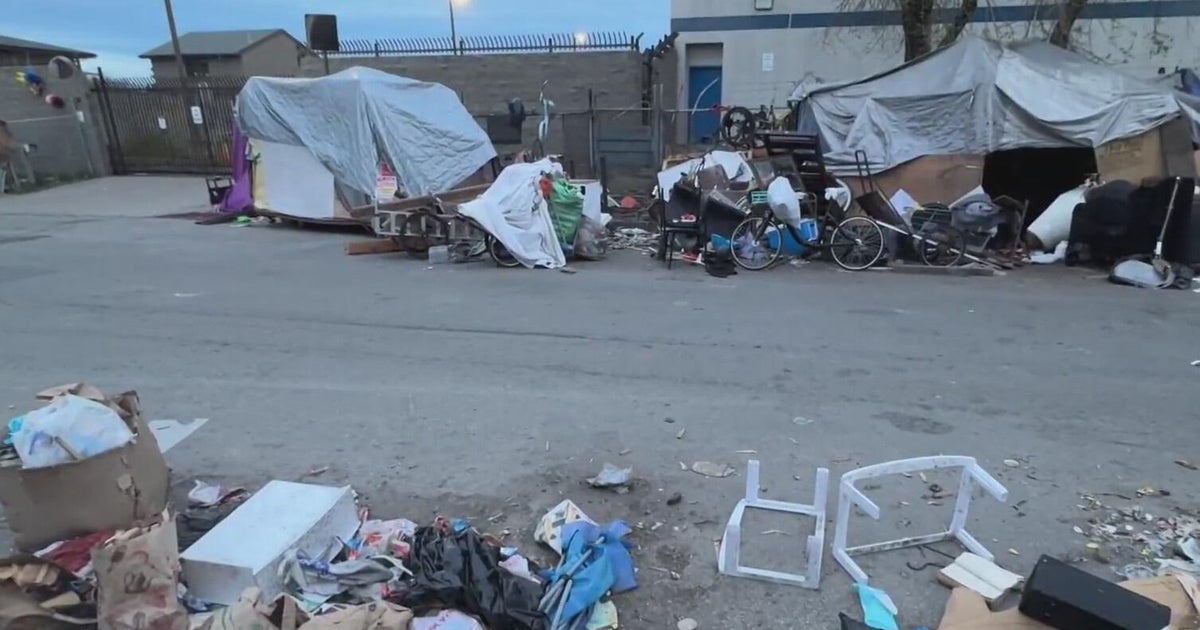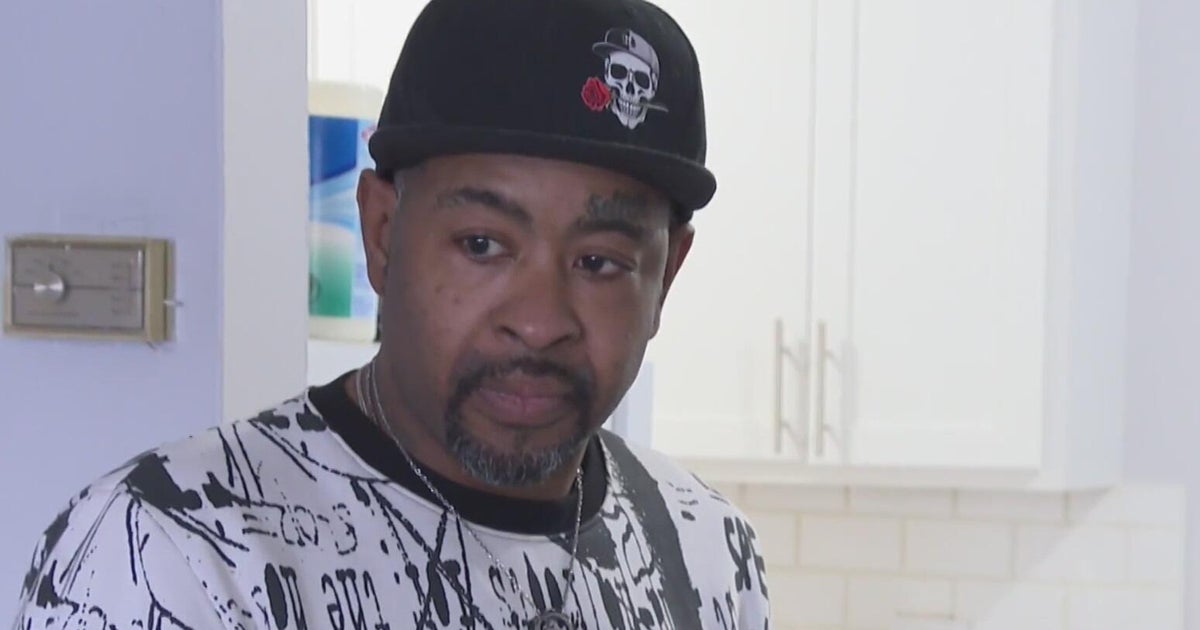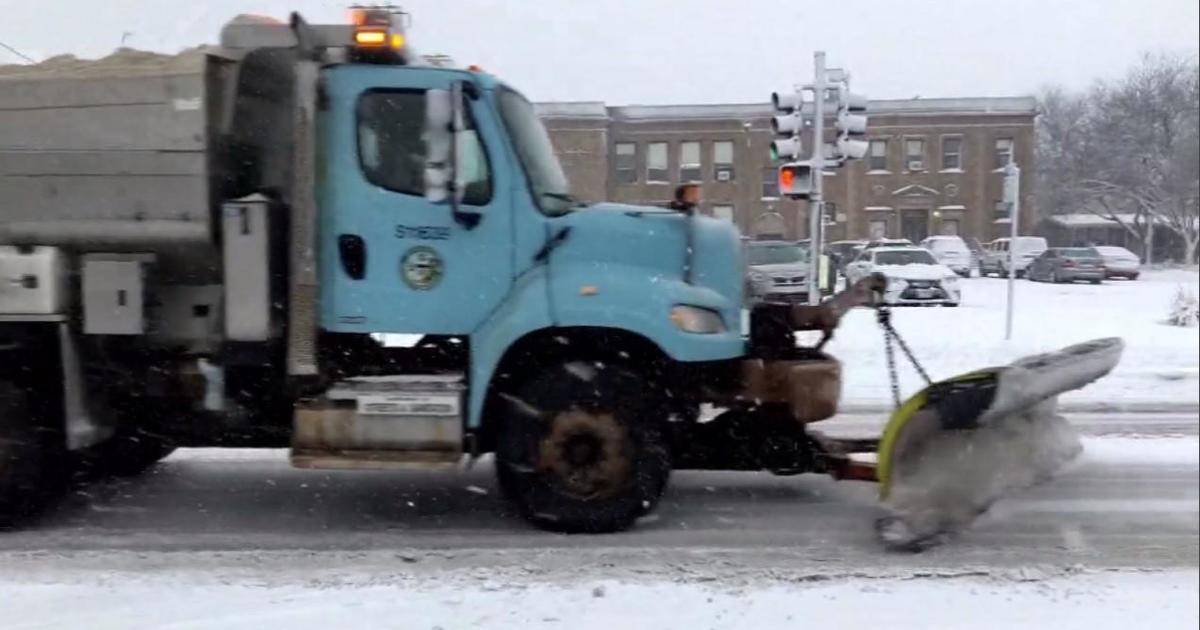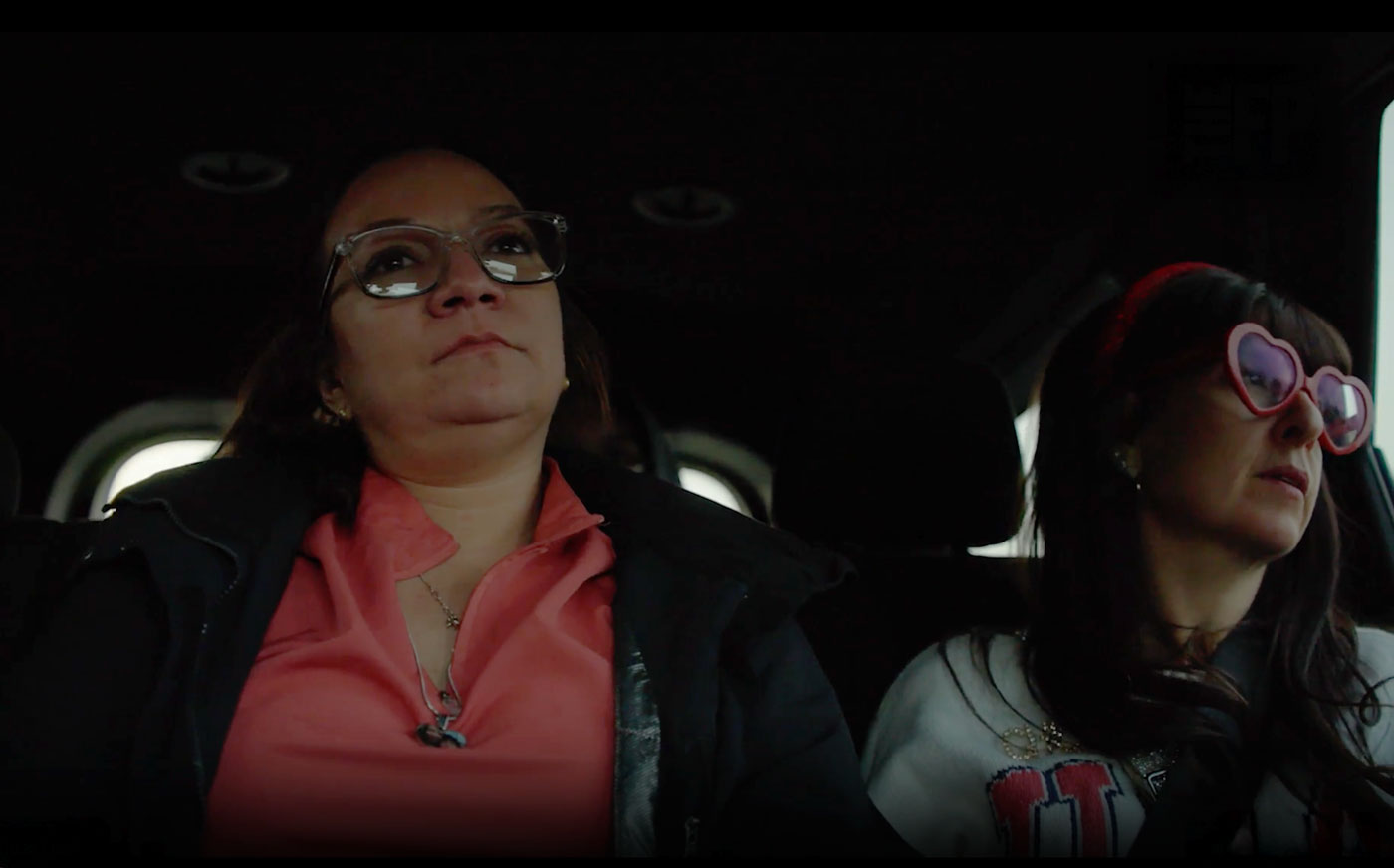Looking to tiny homes to help solve homeless crisis
With homelessness in America reaching epic proportions, cities are increasingly looking outside of the traditional affordable apartment block to try to contain the crisis.
For Chicago, tiny houses -- structures that measure between 100 and 400 square feet -- could be one solution. Two local aldermen are looking at the possibility that such structures could help house the city's nearly 6,000 homeless people, CBS Chicago reported.
Pride Action Tank, a local advocacy group, took CBS Chicago on a tour of a model tiny home. The 330-square-foot house -- about the size of a studio apartment -- contained a living and sleeping room, kitchen appliances, storage space and even a full bathtub.
"We don't see it replacing existing housing models, we just want to add to the menu of options," said Pride Action Tank's Eithne McMenamin.
Among the advantages of tiny houses, their proponents say, are that they cost less to build than traditional housing and can be easier to maintain, since there is less space to clean and heat. Organizers held a Tiny House Summit in the city last month where they built a tiny house for under $30,000 in the space of a week, DNAinfo Chicago reported.
Alderman Ed Burke plans to hold a series of hearings on the viabilty of tiny homes. Another alderman, Raymond Lopez, plans to build about a dozen on vacant city lots, he told CBS Chicago. "We are currently looking for city lands and other opportunities so that we can hopefully begin construction this year," he said.
Other cities, including Portland and Racine, Wisconsin, have experimented with tiny houses for vulnerable populations. It's possible the houses' twee appearance and novelty would make them more acceptable to neighborhoods that generally oppose traditional social services like homeless shelters. But tiny houses aren't without their problems. Many people find them hard to live in and in many places they are illegal under current zoning regulations.
Not to mention that the building type that is cheapest (and most environmentally friendly) to heat and maintain isn't a house at all -- but the much-maligned apartment block.




